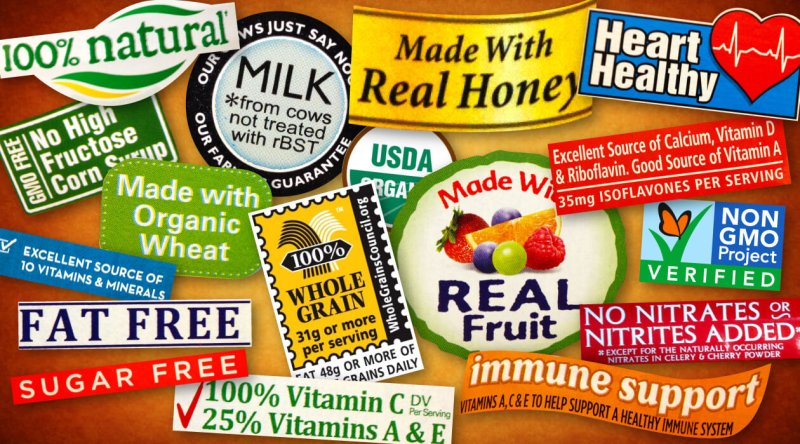Editor’s note: The following is part of an editorial by Capital Press, a website covering agriculture in the US West
Foodies, farmers, processors and others spend a lot of time talking about labels, and there are plenty to talk about.
They include how and where food was grown and processed and what is — and isn’t — in it. Labels spell out whether food has gluten, genetically modified ingredients and whether it was grown organically.
They also include how many calories a serving contains and, in many cases, how much fat and other substances are in it.
All of which is fine. We’re in favor of information. But we also wonder how much time consumers spend reading labels on food items.
…
The proliferation of labels also makes us wonder whether consumers are being overwhelmed. Does the fact that potato chips don’t have gluten warrant a separate label? Does a busy shopper need all that information, down to the daily value percentage of dietary fiber?
Yet the call is for more labels, not fewer.
…
So go ahead, plaster more labels on everything. But we still believe most consumers primarily rely on another label — the price tag — more than all the others combined when they decide what to buy.
Read full, original post: Editorial: Go ahead, put a label on it































